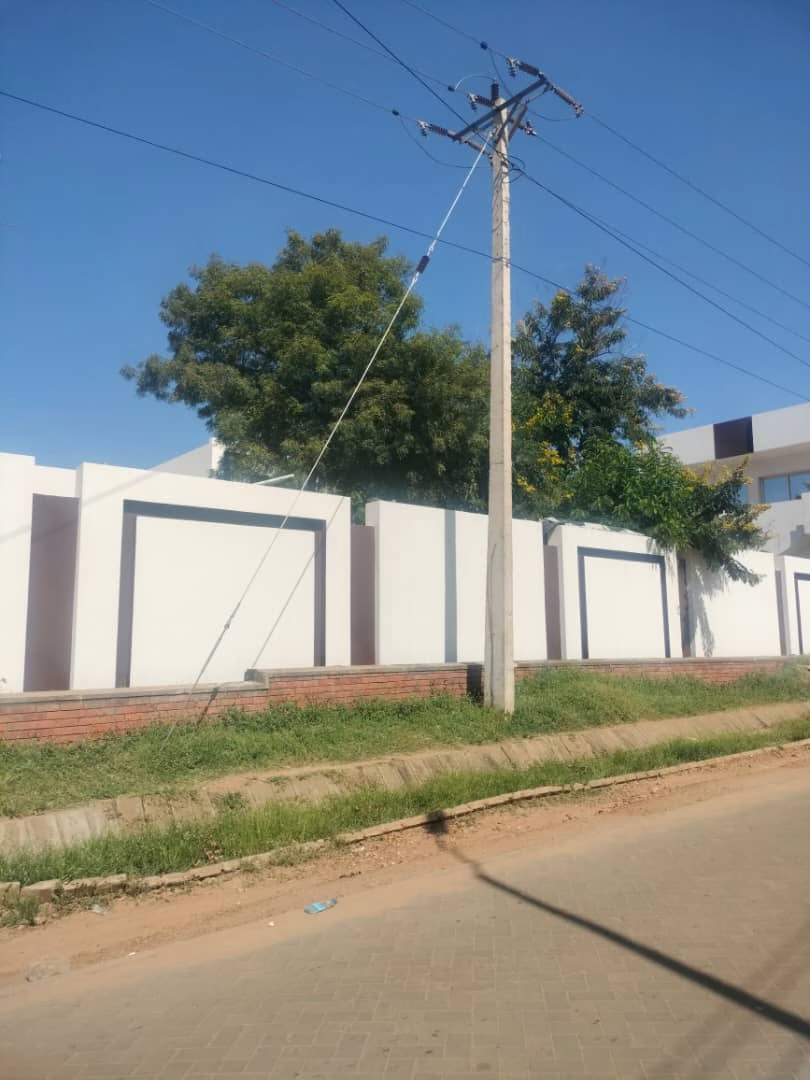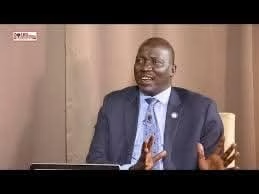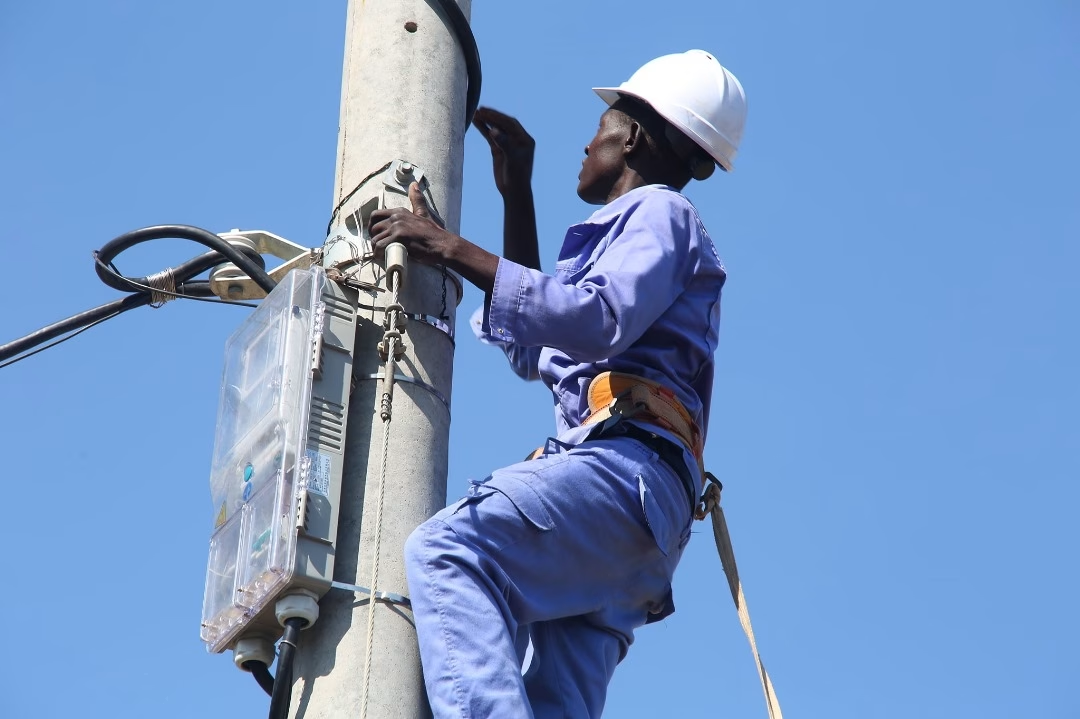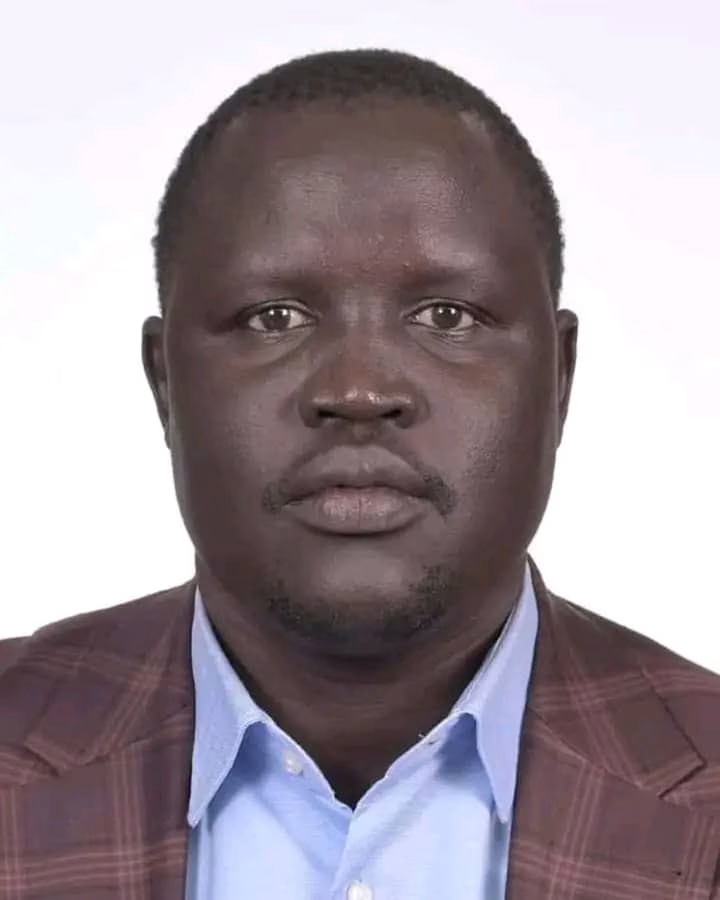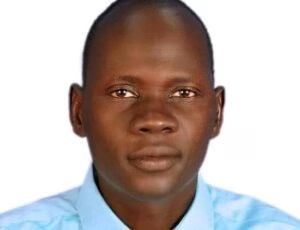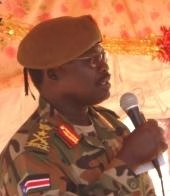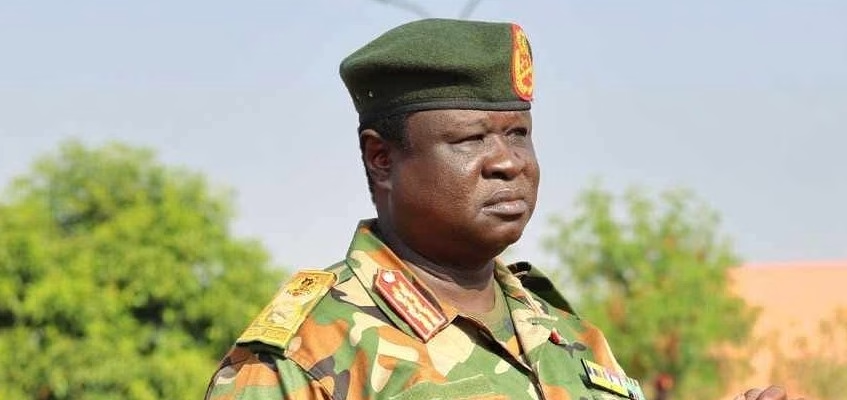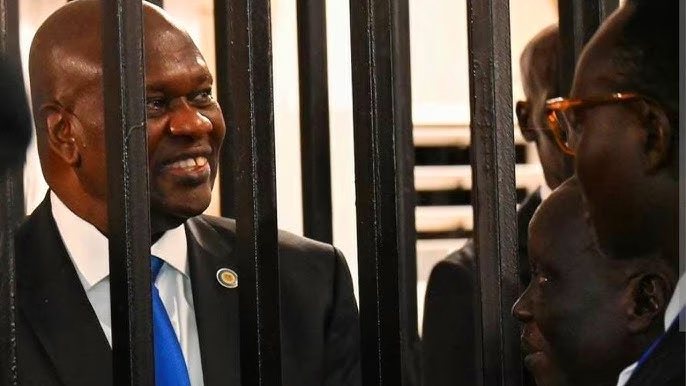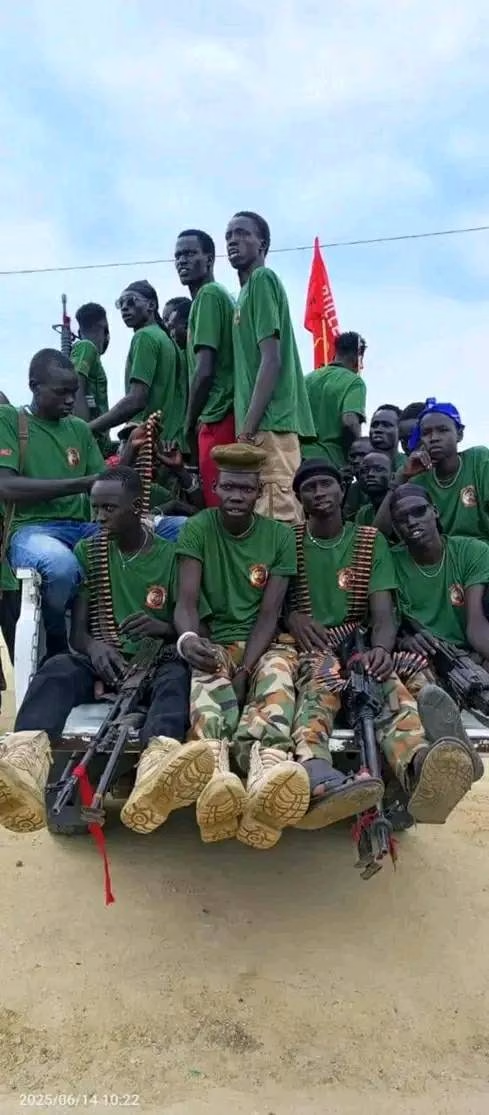The $250 million construction project under the man in question at the VIP Protection Unit of J1 in South Sudan has left many speechless. It was meant to secure the highest office in the land. Instead, it became a monument to waste, greed, and empty promises.
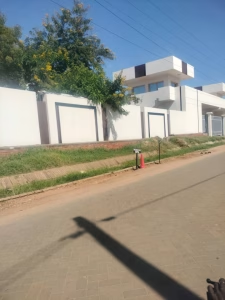
What stands there now is not a symbol of progress, but a structure built with cheap blocks and low-grade Ugandan cement. No armored walls. No advanced technology. No modern security features. Just a plain building with a jaw-dropping price tag. If this isn’t a scam, then what is?
Whoever that oversaw the project, must answer to the people. A leader who truly values the country doesn’t allow $250 million to disappear into dust and lies. South Sudanese didn’t get a secure facility — they got a poorly built block that could’ve been done for a fraction of the cost.
Now take a look elsewhere. In Riyadh, Saudi Arabia, the Royal Security Complex was built for around $230 million. It includes underground bunkers, modern surveillance systems, bulletproof walls, and emergency command centers. Construction took three years with materials imported from multiple countries for durability.
In Washington, D.C., the U.S. Secret Service Training Facility cost $247 million. It includes advanced training zones, high-grade reinforced buildings, and state-of-the-art communications. It was built over five years with strict checks and quality standards.
In Germany, the Federal Intelligence Service HQ in Berlin cost about $260 million. It took nearly seven years to complete, includes smart systems, blast-proof features, and modern architecture everything that a secure government facility should have.
None of these projects were rushed. None used poor-quality cement. None relied on shortcuts. Yet all delivered high-standard results. Meanwhile, what did guy and h’s team give South Sudan? A structure that barely meets local housing standards.
This isn’t just a failed project — it’s a warning sign. It shows what happens when those in charge treat public funds like personal property. South Sudan doesn’t need more buildings like this. It needs accountability. And it starts with whoever that oversaw this scandalous project.
The Writer is Activist in the History and a Concern patriotic Citizen of South Sudan

